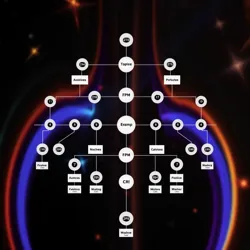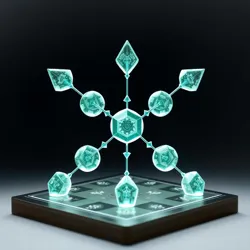Temporal Paradox Weekly: Where Past Meets Future

Featured Article
Retrocausal Gaming Theory explores the groundbreaking field where quantum mechanics meets strategic decision-making across time. First proposed by Dr. Elara Timeweaver in 2089, this framework revolutionized our understanding of causality in multiplayer scenarios. Recent experiments at the Chronos Institute demonstrated how players can influence past game states through quantum entanglement, leading to the controversial "grandfather paradox tournament" where winners technically competed before signing up.
Did You Know...
- ...that the Temporal Chess Championship of 2095 ended before it began when all participants simultaneously checkmated each other across three different timelines?
- ...that quantum probability coins can land on both heads and tails in the past, affecting present betting strategies?
- ...that the Möbius Strip Casino allows players to bet on yesterday's games using tomorrow's knowledge?
- ...that retroactive probability manipulation is now banned in most professional gaming leagues?
In The News
- The International Time Gaming Association has established new regulations for cross-temporal competitions
- Scientists at Future Dynamics Lab successfully demonstrated the first four-dimensional poker game
- Quantum Lottery suspended after winners were found to be purchasing tickets after drawing numbers
- Paradox Insurance Companies now offer coverage for timeline alterations
Today's Featured Picture

On This Day
- 2091 - First successful quantum dice roll affecting past probability distributions
- 2093 - Establishment of the Department of Temporal Gaming Ethics
- 2094 - Schrödinger's Tournament simultaneously won and lost by all participants
- 2096 - Discovery of causality-preserving game strategies
Current Events
The ongoing debate over temporal advantage in competitive gaming continues to divide the scientific community, with new evidence suggesting that future knowledge may be less deterministic than previously thought. Meanwhile, the Quantum Game Development Conference prepares to showcase next year's innovations last week.